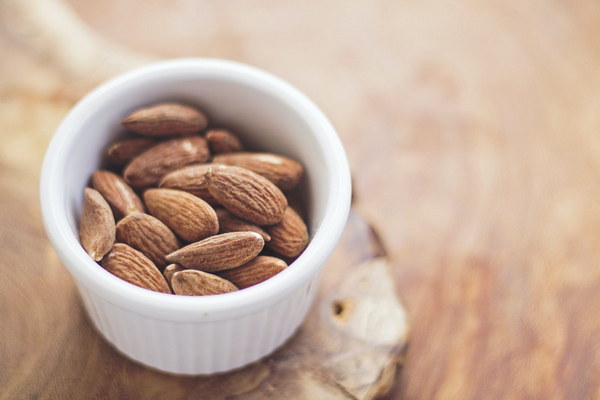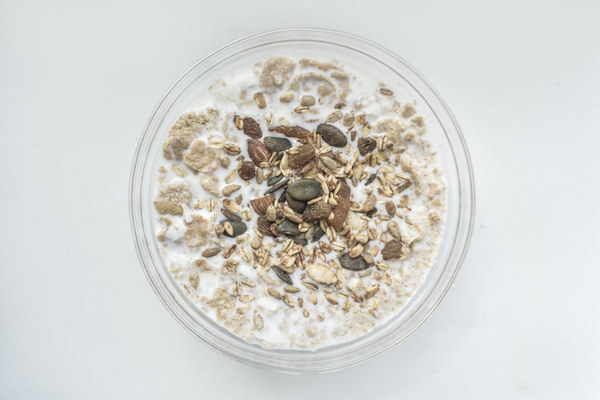Top Western Medications for Lung Care and Protection What to Eat for a Healthy Lungs
Introduction:

The lungs are vital organs responsible for oxygenating the blood and removing carbon dioxide. Taking care of the lungs is essential for maintaining overall health. While lifestyle changes and natural remedies can help, certain Western medications can also be effective in lung care. This article will discuss the best Western medications available for lung protection and what to eat to support lung health.
1. Top Western Medications for Lung Care:
a. Bronchodilators: These medications help relax the muscles around the airways, making it easier to breathe. They are commonly used in the treatment of chronic obstructive pulmonary disease (COPD) and asthma.
- Examples: Albuterol (ProAir HFA, Proventil HFA), Salbutamol (Ventolin), and Ipratropium (Atrovent).
b. Inhaled Corticosteroids: These medications reduce inflammation in the airways, helping to control asthma and COPD symptoms.
- Examples: Fluticasone (Flovent HFA), Budesonide (Pulmicort Flexhaler), and Mometasone (Asmanex Twisthaler).
c. Antibiotics: Infections can lead to lung inflammation and damage. Antibiotics can help treat bacterial infections and prevent complications.
- Examples: Amoxicillin, Clarithromycin (Biaxin), and Levofloxacin (Levaquin).
d. Antivirals: Viral infections can also affect lung health. Antiviral medications can help treat and prevent respiratory infections.
- Examples: Oseltamivir (Tamiflu), Zanamivir (Relenza), and Palivizumab (Synagis).
e. Immunosuppressants: These medications are used to treat conditions like rheumatoid arthritis and lupus that can affect lung function.
- Examples: Methotrexate, Azathioprine, and Cyclosporine.
2. Foods to Support Lung Health:
a. Antioxidants: These nutrients help protect the lungs from oxidative stress and inflammation.
- Examples: Berries (blueberries, strawberries, raspberries), green leafy vegetables (spinach, kale, and broccoli), and nuts (walnuts, almonds, and cashews).
b. Omega-3 Fatty Acids: These healthy fats have anti-inflammatory properties and can help reduce the risk of lung disease.
- Examples: Fish (salmon, mackerel, and sardines), flaxseeds, and chia seeds.
c. Vitamin C: This vitamin helps boost the immune system and protect against respiratory infections.
- Examples: Citrus fruits (oranges, grapefruits, and lemons), strawberries, and bell peppers.
d. Vitamin D: This vitamin plays a crucial role in immune function and lung health.
- Examples: Fish (tuna, mackerel, and salmon), egg yolks, and fortified foods.
e. Garlic: This spice has antimicrobial and anti-inflammatory properties that can help protect the lungs.
- Examples: Garlic cloves, garlic powder, and garlic-infused oils.
Conclusion:
Maintaining lung health is crucial for overall well-being. While Western medications can be effective in treating and preventing lung conditions, it's also essential to incorporate lung-healthy foods into your diet. By combining medication and a nutritious diet, you can support your lung health and reduce the risk of respiratory diseases. Always consult with a healthcare professional before starting any new medication or making significant changes to your diet.









